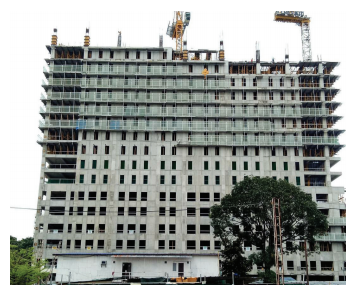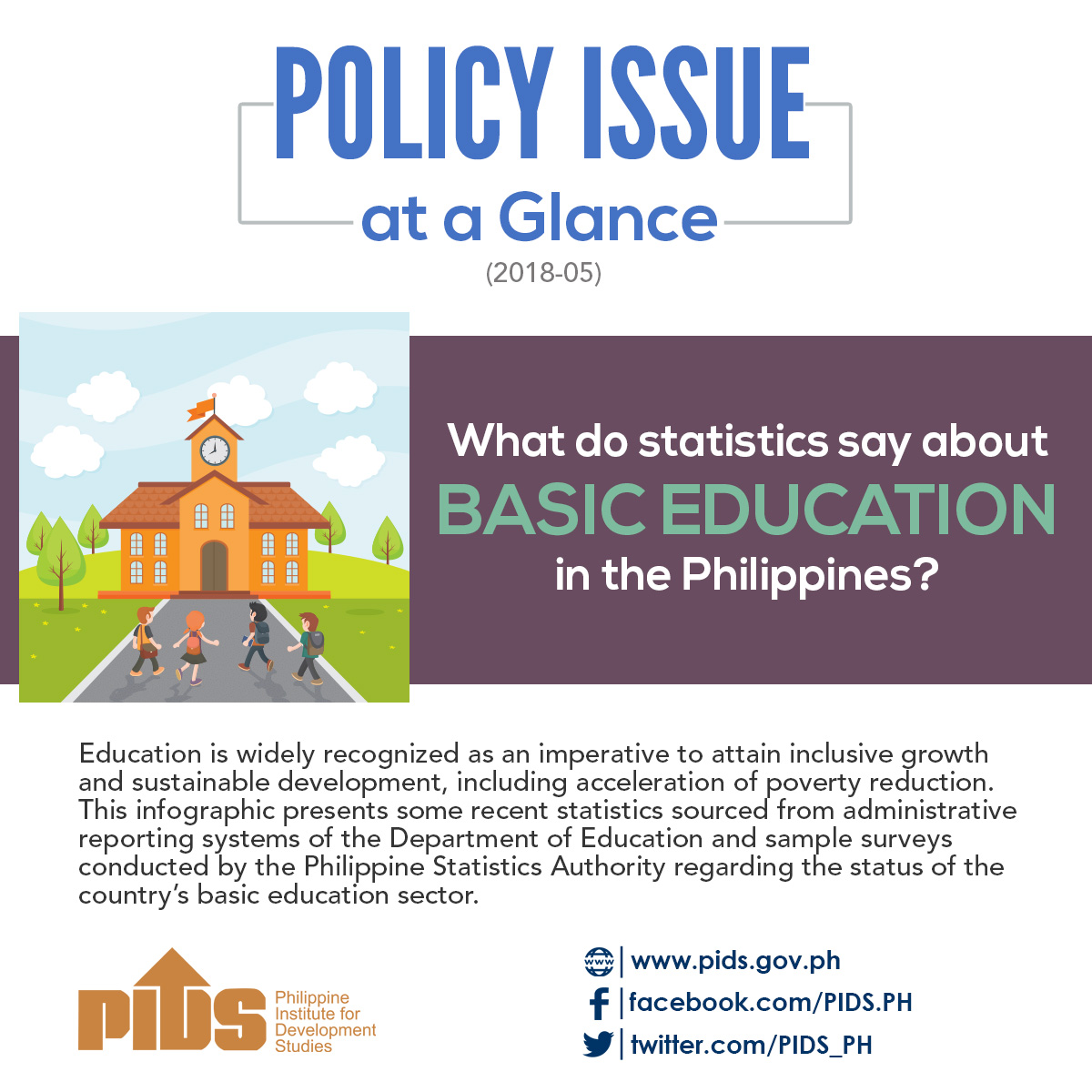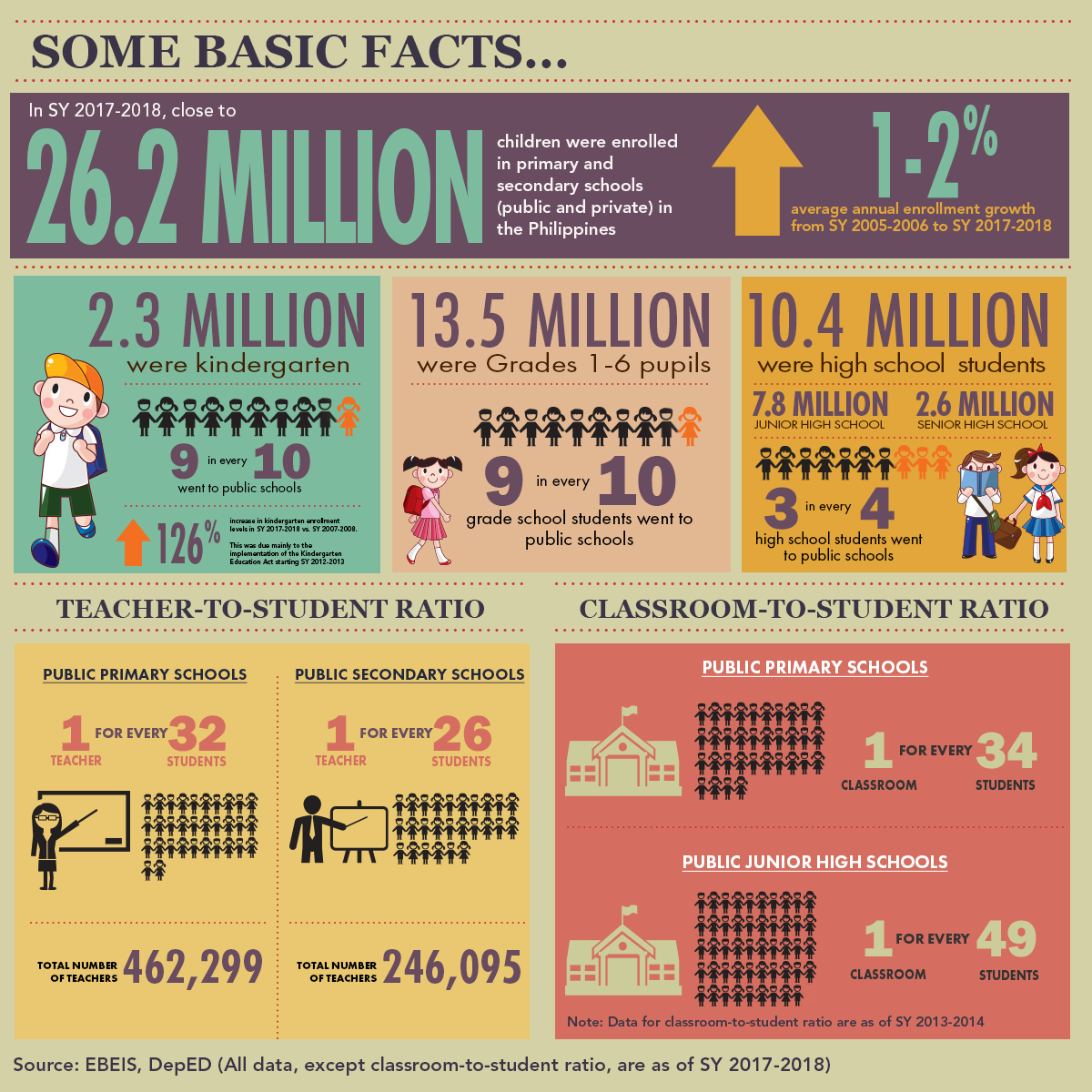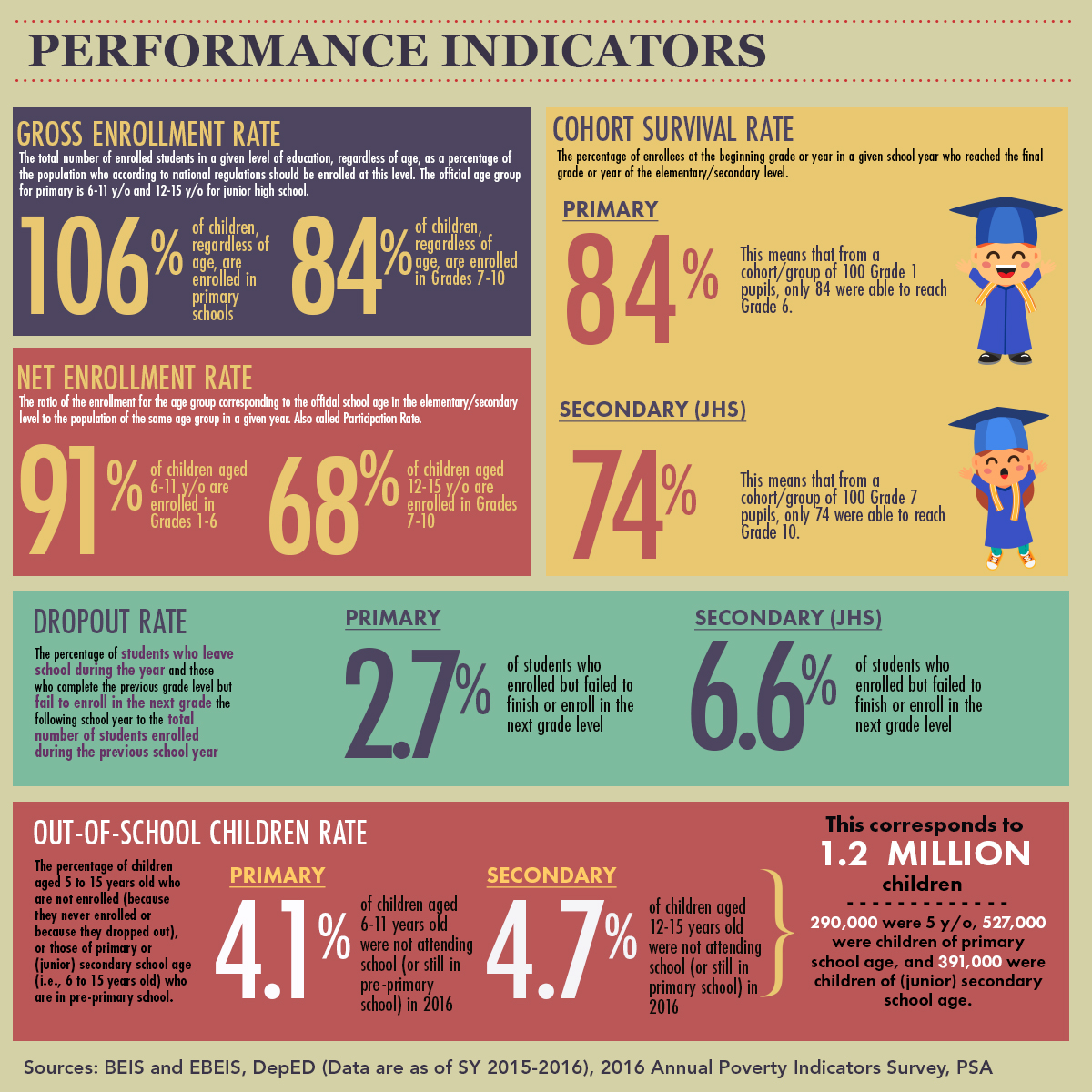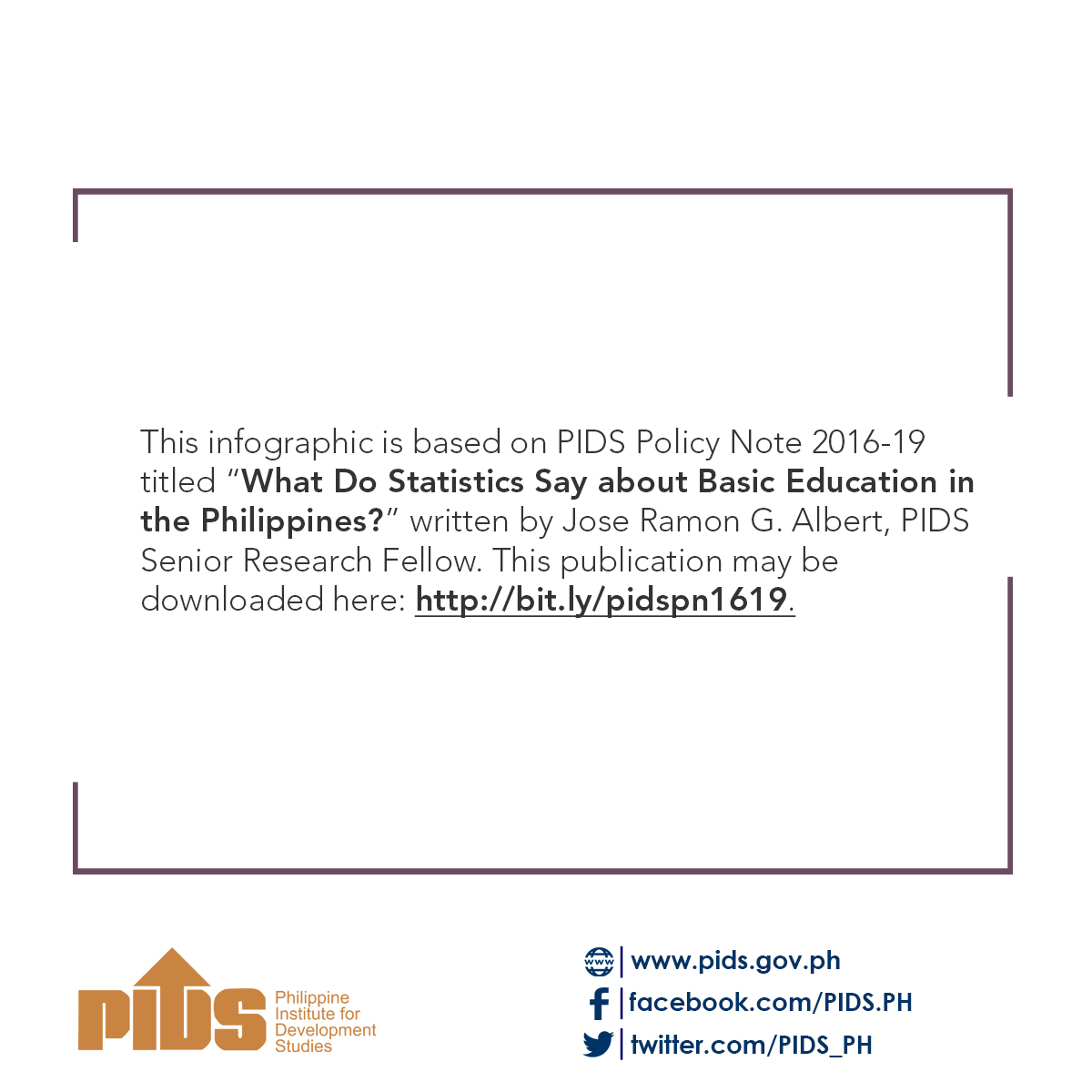Having trouble reading this email? View it in your browser. |
|||
 |
|||
|
|||
IN FOCUS: Labor migration
This intraregional movement of migrants is expected to swell in the coming years given the establishment of the ASEAN Economic Community (AEC). Since 2015, the AEC has embodied the region’s vision to unify its market and its 622 million people. Currently, the Philippines stands as the leading remittance-receiving country within ASEAN, according to the Asian Development Bank (ADB). This position, ADB asserts, has helped the country boost its domestic consumption, generate entrepreneurial activities, and improve its human capital. Studies done by Philippine Institute for Development Studies (PIDS) senior researcher Aniceto Orbeta Jr. and consultant Victorina Zosa also found that migration has resulted in increased expenditures on education, housing, and durable goods among Filipino households. Despite these benefits, the social cost of migration has also been huge. This includes reported breakdown of marriages and neglect of children left behind, as well as exodus of health and education professionals, which hamper the delivery of basic social services in the country. Migrants also face all sorts of difficulties, including those related to adjustment, maltreatment, and human rights issues. PIDS information director Sheila Siar, in a paper, also noted the phenomenon of deskilling among migrant professionals due to the nonrecognition of their foreign credentials and the receiving countries’ bias for local experience. Given these issues, former PIDS senior researcher Rafaelita Aldaba called for the formulation of clear guidelines on foreign reciprocity and the crafting of a comprehensive framework on the implementation of mutual recognition arrangements in ASEAN. In a PIDS study, consultant Leonardo Lanzona Jr. also urged the ASEAN member-states to adopt a regional qualification framework to standardize their local laws governing labor markets. He also advised them to take advantage of the Labor Market Portal of the Asia-Pacific Economic Cooperation to improve the efficiency of the region’s labor mobility. Meanwhile, PIDS researcher Aubrey Tabuga urged the Philippine government to craft a labor policy less dependent on labor migration and more toward the creation of local job opportunities. In relation to the advancement of migrants’ welfare in ASEAN, the recent signing of the ASEAN Consensus on the Protection and Promotion of the Rights of Migrant Workers is a welcome development. The challenge now is its translation into local policies and programs and its consistent implementation across the region. You may access PIDS studies on migration from the Socioeconomic Research Portal for the Philippines. Simply type ‘migration’, ‘ASEAN Economic Community’, ‘brain drain’, ‘brain gain’, ‘deskilling’, ‘mutual recognition arrangements’, and other relevant keywords in the Search box.
|
June 20, 2018, 1:30PM–4:30PM June 27, 2018, 9AM–3PM September 19, 2018, 9AM–5PM ------------------------------------------
The Philippine Journal of Development is a professional journal published by the Philippine Institute for Development Studies. It accepts papers that examine key issues in development and have strong relevance to policy development. As a multidisciplinary social science journal, it accepts papers in the fields of economics, political science, public administration, sociology, and other related disciplines. It considers papers that have strong policy implications on national or international concerns, particularly development issues in the Asia-Pacific region. CLICK HERE for the guidelines in the preparation of articles. Submissions and inquiries may be sent to PJD@mail.pids.gov.ph. |
||
POLICY NOTES PN 2018-06: Risk Management Innovation for Philippine Banking In response to recent financial crises, the Bangko Sentral ng Pilipinas (BSP) has adopted several risk monitoring measures targeted not only to attain greater resiliency in the local banking system but also to give banks greater flexibility under a deregulated environment. One of these measures is the adoption of the internal models approach, which this study advocates. According to the study, this approach can be an innovative way of allowing banks with the necessary system to use their own internal risk management models to calculate market risk. With this, the study recommends the provision of training and development programs on the right methodologies and use of internal market risk models to its trustees, directors, officers, and personnel as well as to all banks under its supervision. It also urges the BSP to review the past and current methods used by Philippine banks and compare them with more recent methods for measuring risk. The insights that can be gained from this review can help the BSP advance improvements in the current systems. Moreover, they can help the BSP and local banks to innovate, update, and improve their risk measurement and management processes. Click here to download the paper. PN 2018-05: Facilitating FDI by Improving the Philippine Investment Negative List This Policy Note revisits the policy objective of the Foreign Investment Act (FIA) and the implementation of the foreign investment negative list (FINL) as a transparency tool in the Philippines. Among others, it finds that foreign investment is restrained by policy design limitations in the FIA itself. It also reveals that the current FINL does not take into account regulatory measures that have cross-cutting implications on all sectors and activities, such as limitations on the citizenship of the board of directors and economic needs test on employment of foreign nationals. With this, the study urges the Philippine government to consider enhancing its transparency for investment by improving the information content of FINL. Specifically, it encourages the executive department to call upon its departments and agencies to come up with a transparency list to supplement and address the deficiencies of the FINL. Click here to download the paper. PN 2018-04: Regulatory Issues in the Philippine Food Manufacturing Industry In terms of gross value added in manufacturing, the food manufacturing industry (FMI) tops the list with about 50 percent of the manufacturing sector's output as of the fourth quarter of 2015. While this can already be considered a significant contribution, it would have performed better in the absence of regulatory bottlenecks. This Policy Note assesses the FMI and finds the gaps revolve around three main areas, namely, (1) organizational matters - administrative and human resources; (2) regulation - compliance requirements, regulatory, and associated fees; and (3) consumer issues. In the case of the Food and Drug Administration (FDA), the study finds that it currently suffers from limited financial and human resources, which have become stumbling blocks in its pursuit to provide efficient regulatory services to the FMI. With this, it urges the government to improve the agency's operational capacity and effectiveness, which may be accomplished by providing the FDA with adequate human resources and modern facilities. Click here to download the paper.
DISCUSSION PAPER DP 2018-05: Process Evaluation of the CHED K to 12 Adjustment Assistance Program This paper evaluates the implementation of the Commission on Higher Education (CHED) K to 12 Adjustment Assistance Program, established following the full implementation of the Enhanced Basic Education Act of 2013 in 2016, which introduced senior high school into the basic education curriculum. While it presented a rare opportunity to upgrade the country's higher education sector, the transition threatened higher education institutions' labor and sustainability and prolonged CHED's bureaucratic processes, further delaying the program's benefits. This process evaluation examines the aspects of implementation that have led to said challenges through an assessment of the program logic and its plausibility, service delivery and utilization, and program organization. The study finds that the program has to be appreciated as a transition program itself. It has to be viewed as an innovative program spurred by the need to adapt to the calls of globalization. Adjustments to and in the internal bureaucracies of CHED must also be reevaluated to realize the gains of the K to 12 program. Stakeholders must also intensify collective efforts to develop and design accompanying policies, plans, and strategies to address these challenges and make Philippine higher education more globally competitive. Click here to download the paper.
|
|||
A study published by state think tank Philippine Institute for Development Studies (PIDS) opined that administrative issuances limiting foreign ownership in the Philippines’ contracting industry are unconstitutional and invalid. According to PIDS consultant Lai-Lynn A.B. Barcenas, author of the study, these include the implementing rules and regulations (IRR) of Republic Act (RA) 4566, also known as the Contractors’ License Law, as well as Resolution No. 605 issued by the Philippine Contractors Accreditation Board in 2011. READ MORE |
|||
POLICY ISSUE AT A GLANCE What Do Statistics Say about Basic Education in the Philippines? Education is widely recognized as an imperative to attain inclusive growth and sustainable development, including acceleration of poverty reduction. This infographic presents some recent statistics sourced from administrative reporting systems of the Department of Education and sample surveys conducted by the Philippine Statistics Authority regarding the status of the country's basic education sector. This infographic is based on PIDS Policy Note 2016-19 titled What Do Statistics Say about Basic Education in the Philippines? written by Jose Ramon G. Albert, PIDS senior research fellow.
To view in actual size, visit the PIDS website or the PIDS Facebook page.
FACT FRIDAY A PIDS study found that the effect of wage on the time allocated by spouses to housework varies depending on gender. An increase in the salary of the wife leads to an increase in hours spent by her husband to housework. According to the study, this can be interpreted as the husband’s way of supporting the career of his wife. This also reflects the evolving gender roles in Filipino households and labor market. However, the study also found that an increase in the salary of the husband makes housework costlier for him, placing the burden of housework more on his wife and resulting in the latter’s less participation in the labor market. The study urges the government to find ways to support women’s participation in economically productive endeavors. To increase the time that spouses spend together with their children at home, the government should also address the transportation problems in the country, the study adds. The four-day work week can also benefit households, especially when both spouses are working. The provision of affordable day-care and tutorial services to ensure that children of working parents get good supplementary care is also recommended. This is based on PIDS Policy Note No. 2017-13 titled Analyzing Housework through Family and Gender Perspectives written by Connie Bayudan-Dacuycuy and Lawrence Dacuycuy. Watch the latest #PIDSFactFriday video below. Like us on Facebook for more videos. |
|||
Need help? Have feedback? Feel free to contact us. © 2018 Philippine Institute for Development Studies.
|
|||
 Labor migration is a major growth driver in both sending and receiving countries in Southeast Asia. In 2017 alone, nearly 7 million of the 9.85 million migrants in the Association of Southeast Asian Nations (ASEAN) originated from the region itself, according to the International Organization for Migration.
Labor migration is a major growth driver in both sending and receiving countries in Southeast Asia. In 2017 alone, nearly 7 million of the 9.85 million migrants in the Association of Southeast Asian Nations (ASEAN) originated from the region itself, according to the International Organization for Migration. .jpg)
